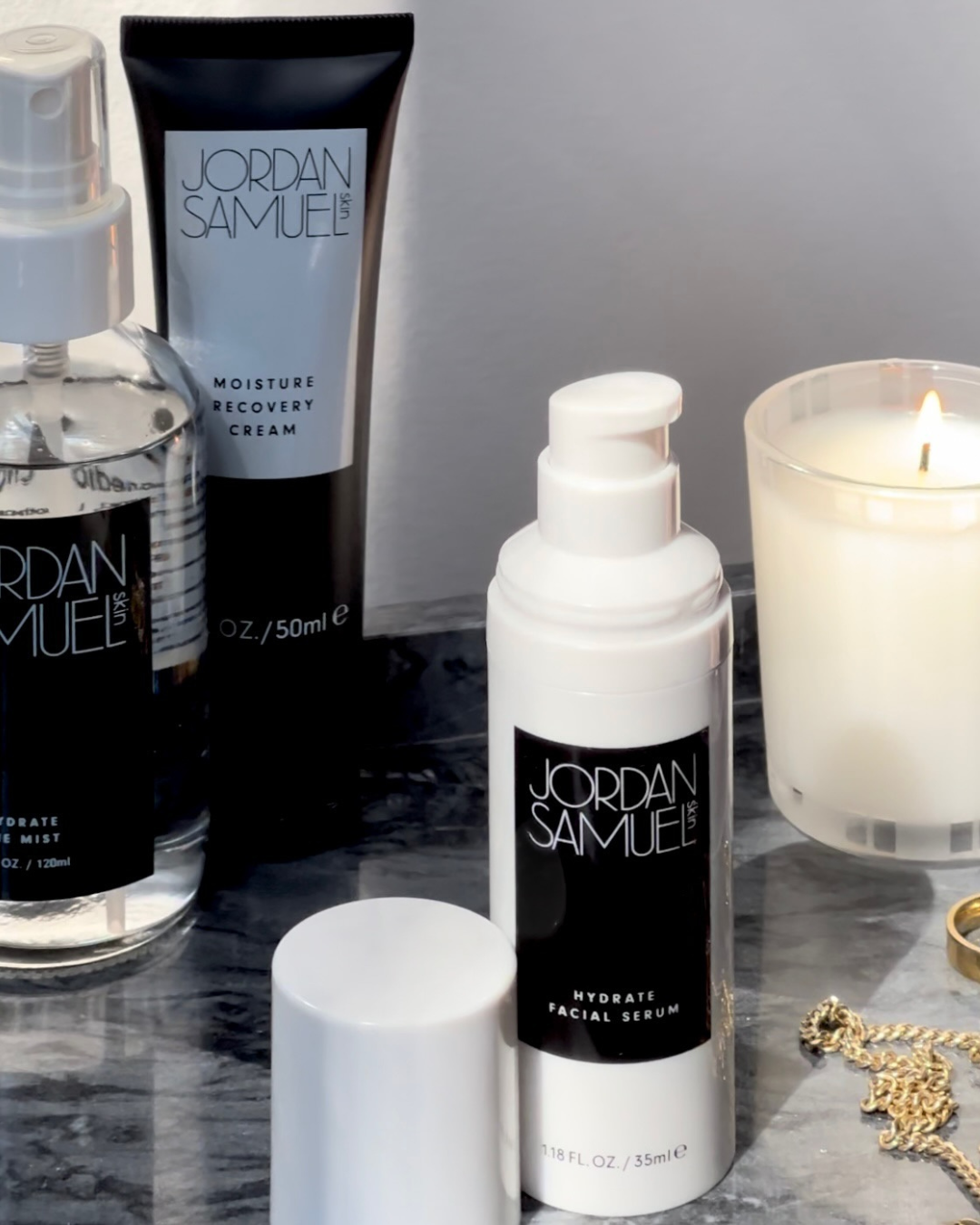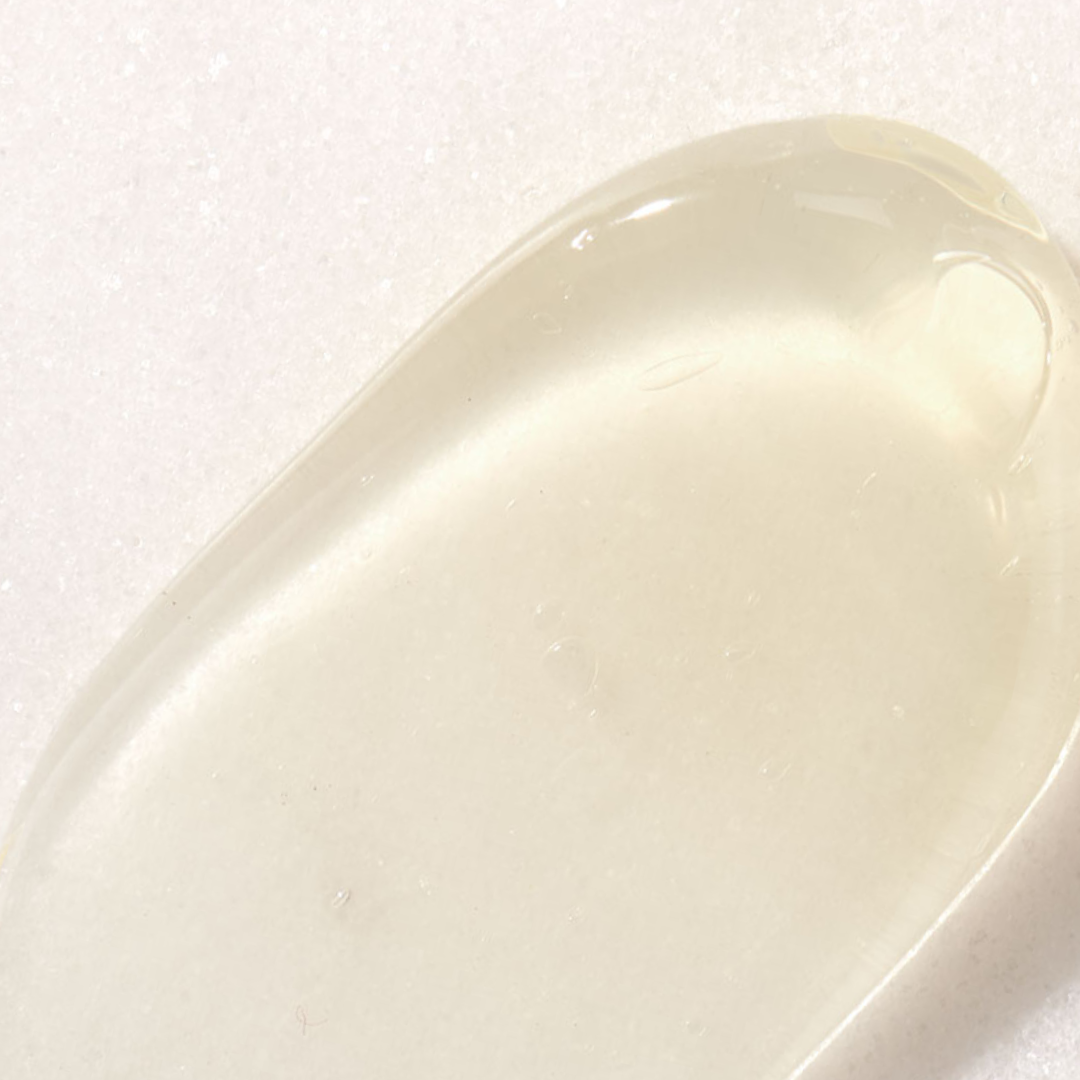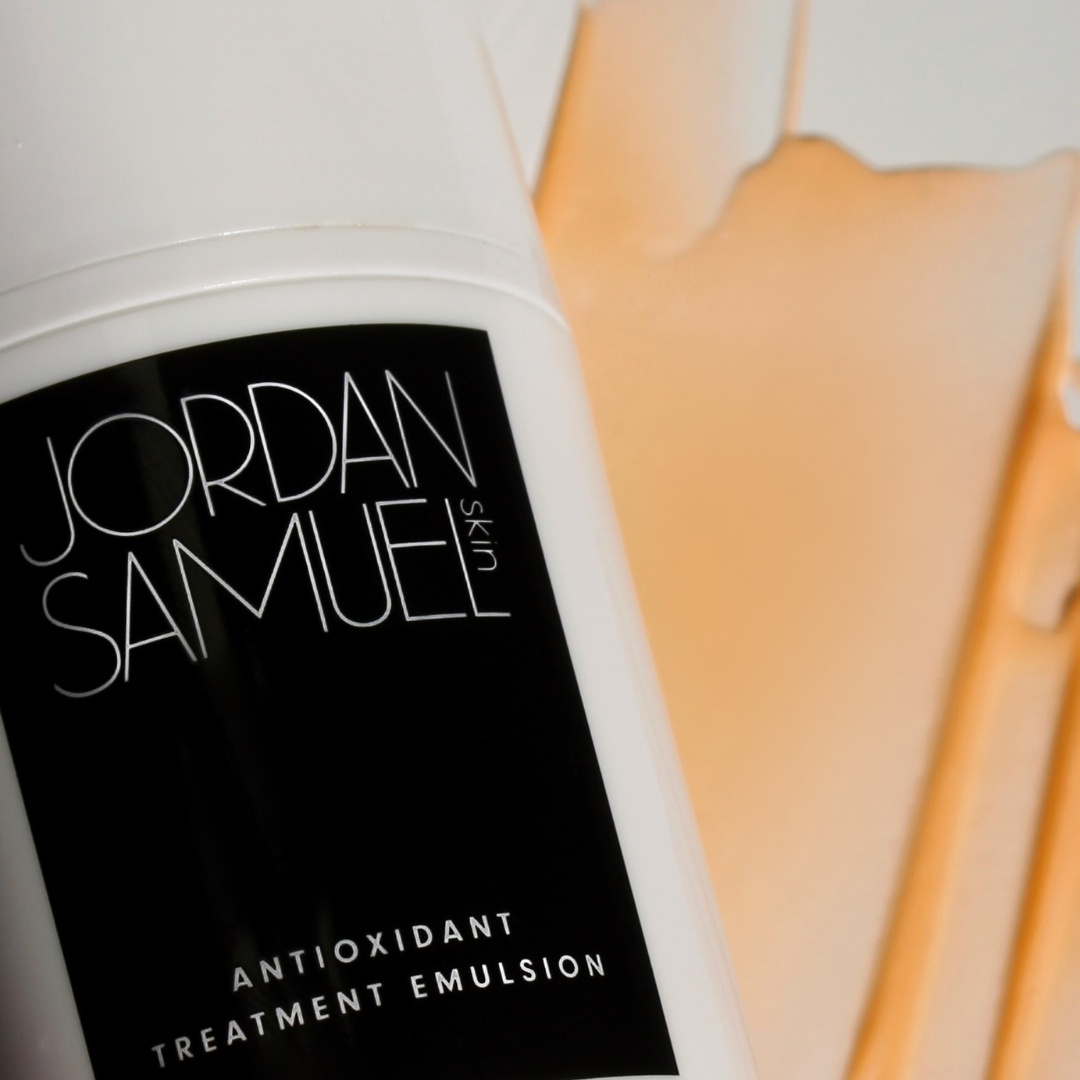Let me get this out of the way: I’m not a medical or dietary professional. I’m not interested telling you what’s going on with your body, nor am I qualified to do so. Instead, I’d like to talk about inflammation based on my own lived experiences and credible advice I’ve received. No internet authority can replace an open and ongoing dialogue between you and your doctor.
Inflammation seems to be everywhere as of late. Scrolling my feed, I’m confronted with enough internet listicles with titles like “Top Ten Inflammatory Foods” to last me a lifetime. Inflammation has become a kind of modern bogeyman—not fully explained, but feared nonetheless. For all this big talk, now seems like a good time to consider what inflammation truly means for you and your skin.
What Is Inflammation?
At its most basic, inflammation refers to a series of processes your body uses to combat irritation or injury. When you get a cut, inflammation helps to prevent bacterial infection. When you roll your ankle, you may notice redness and swelling; it’s actually your inflammatory response sending extra blood circulation to the area while white blood cells begin the wound healing process. This kind of inflammation is both normal and necessary.
Inflammation comes in more than one size, though. Examples of cuts and sprains fall into the category of acute inflammation—a strong irritant that occurs infrequently. Your body is designed to cope with these irritants pretty efficiently. Chronic inflammation is another story entirely.
How Is Chronic Inflammation Different?
When you hear about daily, recurring inflammation from foods or harsh skin scrubs that cause micro-tears—irritation so mild that you may not even see it—that’s chronic inflammation. These kinds of mild irritants have a cumulative effect. Alcohol, stress, and lack of sleep all contribute to chronic inflammation, making your body less efficient at its many jobs. After all, you can’t optimally digest food, regenerate cells, or fight off illness and infection when you’re already bogged down by inflammation.
How Does Inflammation Hurt My Skin?
Your skin acts as an external nervous system. When your body is struggling to function, that stress shows up in your skin in a variety of ways. You may notice skin sensitivity, redness, and thicker sebum thanks to the stress hormone cortisol. Over time, this constant inflammation can break down collagen and elastin, causing skin to lose its structure and tone.
How Does Inflammation Help My Skin?
Acute inflammation can be helpful in controlled circumstances. The idea that a small injury triggers your immune response to kick into high gear forms the basis of microneedling, laser resurfacing, and some chemical peels. These procedures all wound the skin to increase circulation, activate fibroblasts, and trigger the production of new, healthy skin cells. The key here is infrequent inflammation. Getting a peel once a year isn’t the same as daily chemical exfoliation; the latter can actually contribute to chronic inflammation and cause more problems.
What Do I Do Now?
The answers are surprisingly intuitive. Get enough sleep, stay hydrated, try to limit processed foods, and manage your stress levels. Build healthy habits. There’s no one magic bullet that will fix everything—just lots of minor lifestyle adjustments. You can also try adding more omega-3 fatty acids to your diet, since they have anti-inflammatory properties and help bolster skin health.
Emerging research also shows that acute inflammation can help build a resistance to chronic inflammation over time. Exercise is one such example of “good” acute inflammation, and studies confirm that it may help your body cope with chronic “bad” inflammation. Again, this is pretty intuitive stuff; we all know that exercise is a healthy habit.
To avoid chronic inflammation in your skincare routine, stop overstimulating your skin. With all the 5% retinoids, 25% exfoliating acids, and ultra-concentrated vitamin C products on the market, it’s easy to get carried away. You probably don’t need the strongest option on the market, and you certainly don’t need to use it daily. Over-doing it with skincare actives is a form of chronic inflammation that leaves your skin more vulnerable to damage. Less is more, so take it easy!
XO,
Jordan




